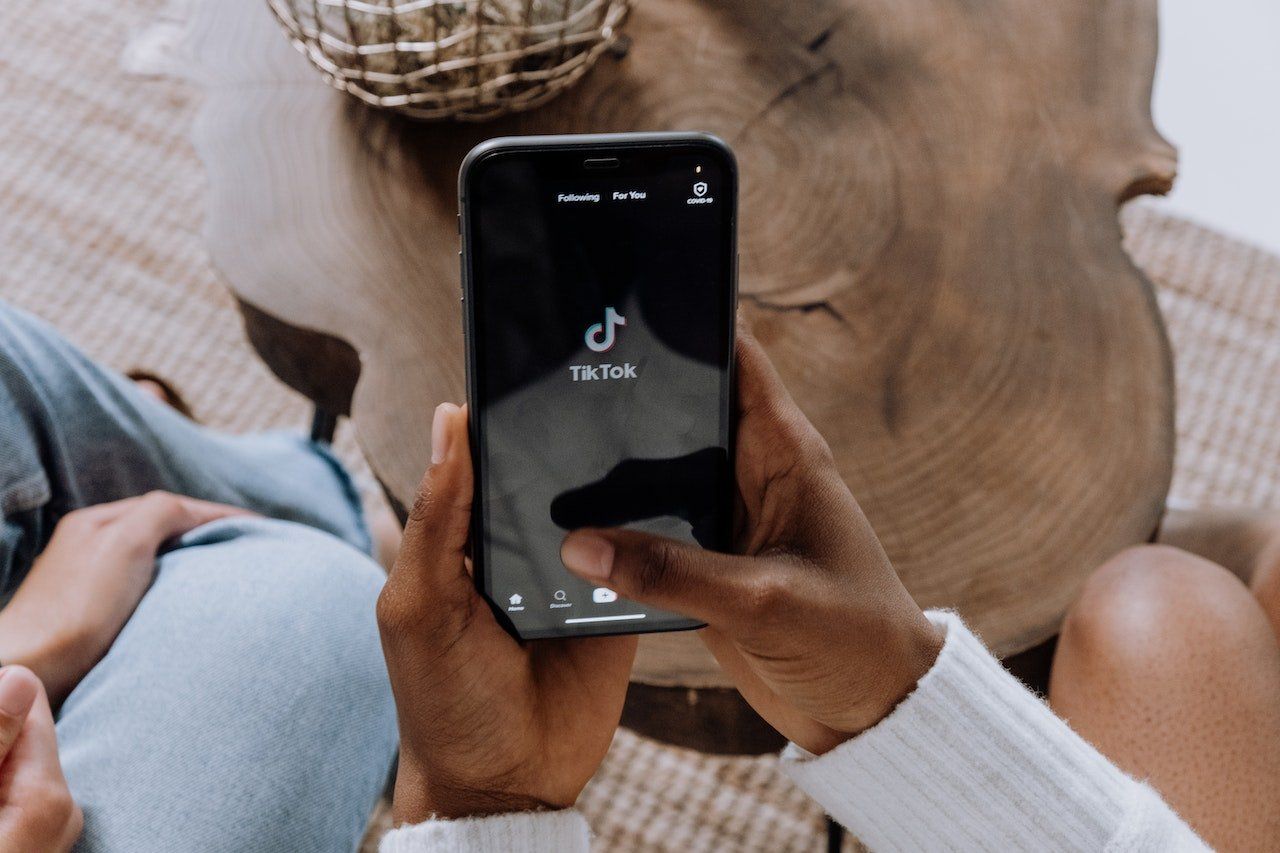TikTok, the wildly popular social media app known for its short-form videos, has taken the world by storm, amassing billions of downloads and creating a new generation of content creators. However, its future in the United States is now in jeopardy as the U.S. government raises concerns over its security implications, leading to discussions about a potential ban.
The primary concern surrounding TikTok is its ownership and data privacy practices. TikTok is owned by ByteDance, a Chinese company, which has raised concerns among U.S. officials about the potential for the Chinese government to access user data and use it for nefarious purposes. The U.S. government has expressed worries about the app's data collection practices, including the collection of personal information such as location data, device information, and browsing history. These concerns have fueled worries about the potential misuse of data and the threat to national security.
Recommended for you
In response to these concerns, the U.S. government has taken several steps to scrutinize TikTok's operations. In 2020, then-President Donald Trump issued an executive order that would have effectively banned TikTok in the U.S., citing national security concerns. However, the ban was not enforced due to legal challenges, and the app continued to operate in the U.S. under a temporary reprieve.
Since then, the U.S. government has continued to investigate this famous TikTok data privacy practices. In December 2020, TikTok faced a class-action lawsuit in the U.S. alleging that it collected and transferred user data to servers in China without proper consent. TikTok has consistently denied these allegations, stating that it stores U.S. user data in the United States with backup servers in Singapore, and that it has implemented strict data privacy measures.
Despite these assurances, the U.S. government remains wary of TikTok's operations. In February 2021, the Biden administration paused legal proceedings over the potential TikTok ban as it reviewed the situation. However, in September 2021, the U.S. government issued a new executive order that directed the Department of Commerce to review and assess the national security risks associated with TikTok and other Chinese-owned apps, and to make recommendations on how to address those risks.
The potential ban of TikTok in the U.S. has raised concerns among its users and content creators, who rely on the platform for entertainment, creativity, and income generation. Many argue that a TikTok ban would not only disrupt the livelihoods of millions of creators but also limit the freedom of expression and access to information.
On the other hand, proponents of the potential ban argue that it is a necessary measure to protect U.S. national security interests. They argue that the Chinese government's access to user data through TikTok could pose a significant threat to the privacy and security of U.S. citizens, and that the risks outweigh the benefits of the app.
The situation with TikTok in the U.S. remains uncertain, with ongoing legal battles and government reviews still underway. In the meantime, TikTok has made efforts to address the concerns raised by the U.S. government. For example, TikTok has announced plans to open a "transparency center" in the U.S. to allow outside experts to review its data privacy practices and ensure compliance with U.S. laws.
In conclusion, TikTok's future in the U.S. hangs in the balance as the government weighs the potential ban over security concerns. The app's ownership and data privacy practices have raised red flags, and the U.S. government is taking steps to address these concerns. While the outcome remains uncertain, it is clear that the debate over TikTok's presence in the U.S. will continue to evolve, with significant implications for the app's


















